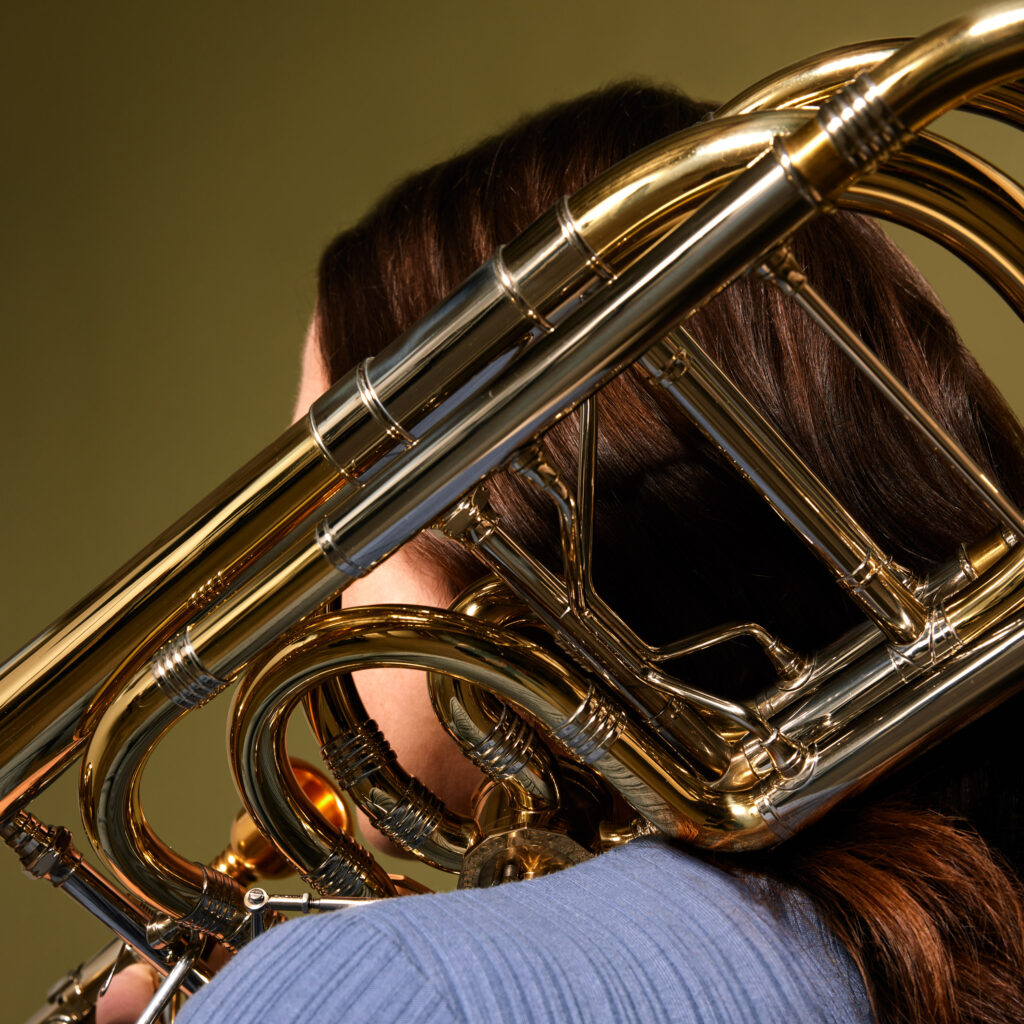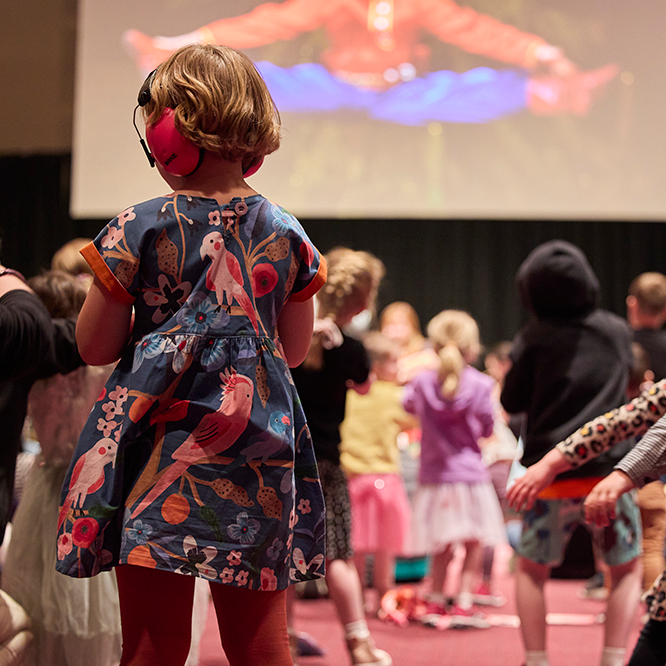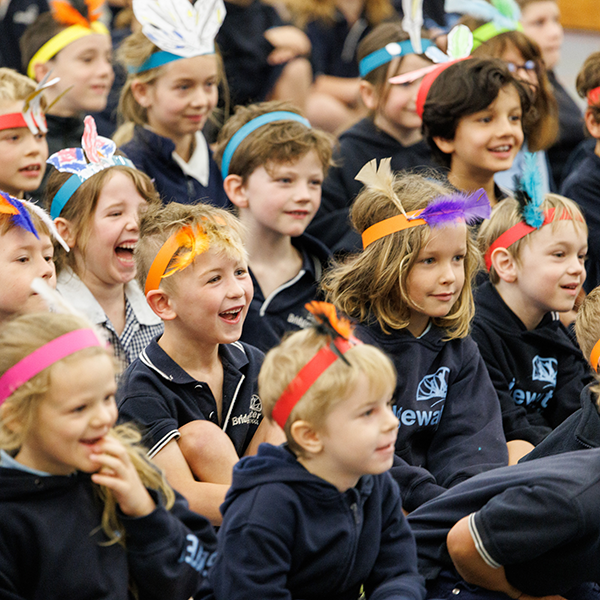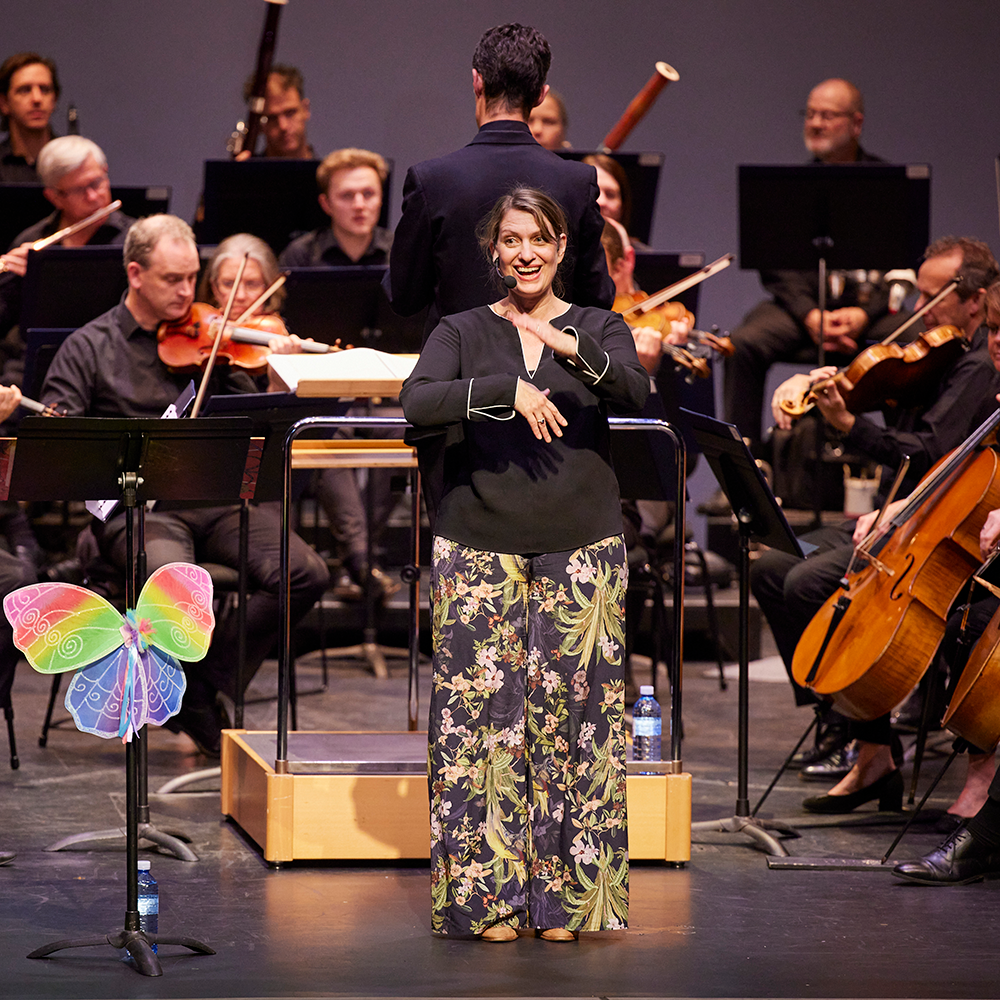Aki on the New Worlds Ball and Vogue culture
- Meet the Artists
- ReMastered
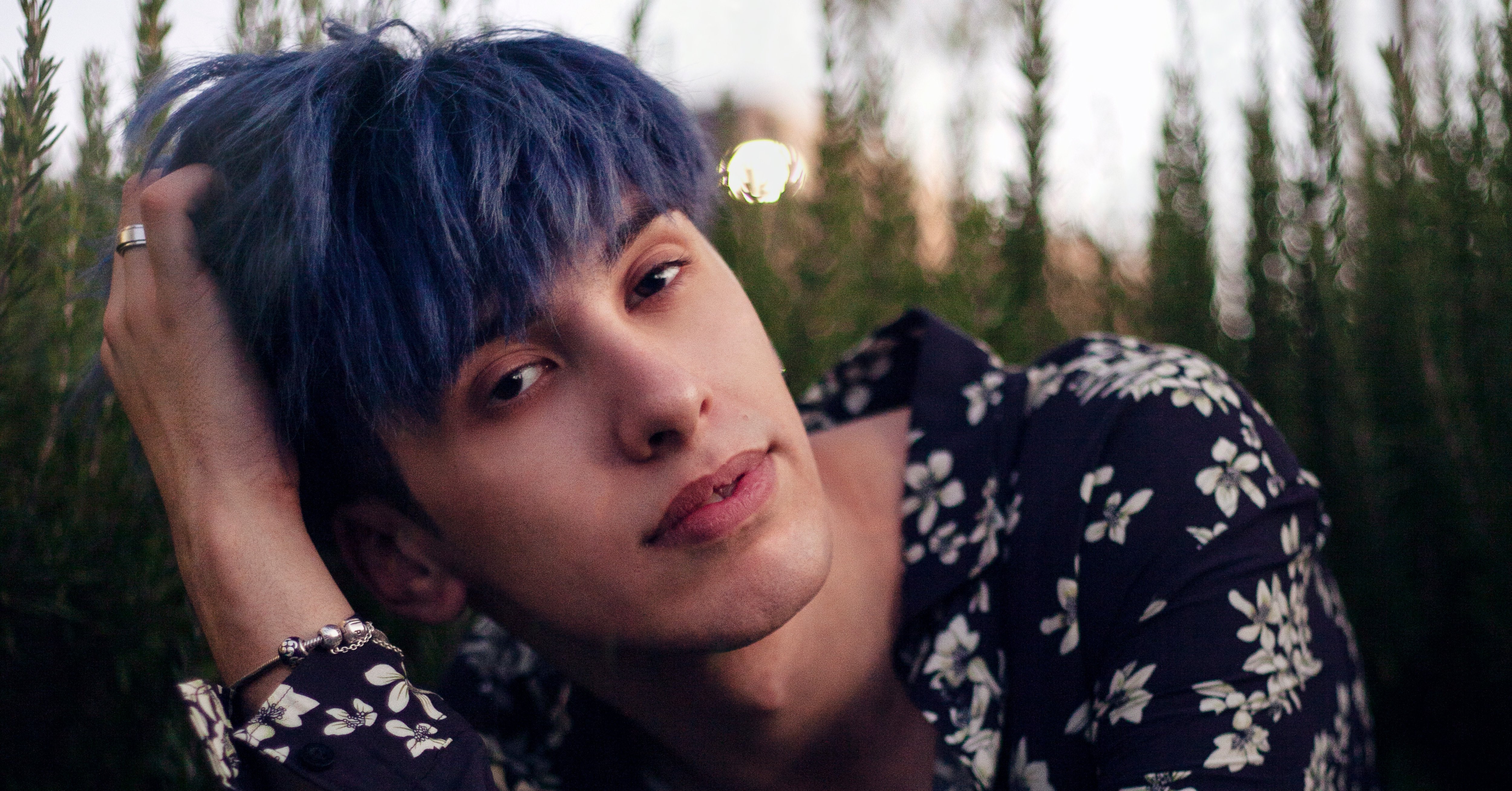
An insightful conversation between Adelaide Vogue dancer, Aki, and ASO Advocate Samuel McDonough
It’s the 19th of September and I’ve arranged to meet with Aki ahead of his performance and artistic direction of the New Worlds Ball ReMastered event the following week. We agreed the time of five-fifteen at The Howling Owl. I’m running late and at five-sixteen he texts me with “I’m just sitting inside”. I arrive shortly thereafter and see a young man, dressed in high fashion and sporting pink hair. I take a stab and guess that this is him. It is and he asks if I’m getting a drink. I tell him I am and ask what he would like. He gestures to a pink gin and tonic sitting in front of him which I hadn’t yet noticed, wordlessly indicating that the time between when I should have been there and the time I arrived was well utilised. I go to the bar and ask for a beer, not really minding what kind. Zack the bartender suggests a beer I’d never heard of. I agree to it. The label happens to be pink.
We begin our conversation by discussing Aki’s contact with classical music.
Aki: I played the violin from about the age of three or four. I played for the Adelaide Youth Orchestra for a number of years, before finally giving it up at around sixteen. I still play, but more for myself these days and don’t really perform anymore. I was also trained in contemporary and ballet, which is where my love of dance began, but I peeled off from ballet at about the age of twelve.
The conversation moves to when Aki first came across Voguing and ball culture.
Aki: I discovered it properly about three-and-a-half years ago when I was about eighteen or so. Through that, I found out that most of what I gravitated to when it came to choreography had those elements in it anyway. So finding Vogue really helped me establish what I was passionate about in the dance field. It’s definitely my primary field of expression these days.
I ask Aki to explain where Voguing came from, for the uninitiated.
Aki: Voguing is an umbrella dance term for a multitude of different styles. It specifically refers to a style which began in Harlem, New York in the ’80s in which LGBT youth specific to the ghettos of the people of colour, black and Latina people in particular, who were being ostracized from their family homes and trying to find safe spaces and communities to express themselves. The dance groups are called ‘houses’, and historically they were quite literally houses in which queer people who were kicked out of their family homes could live. The tradeoff was that you had to compete for your ‘house’. It’s not really like that these days, but there is still a strong emphasis on houses cultivating a family vibe and to look after each of the members. In terms of the dance styles themselves, there are three dominant styles: Old Way, New Way and Femme, each of which has their own inspirations. Old Way was heavily influenced by fashion and photography, New Way more by illusion and aesthetic lines and contortionism, Femme by femininity, either real or exaggerated. All three are a very expressive, freestyle form of dance.
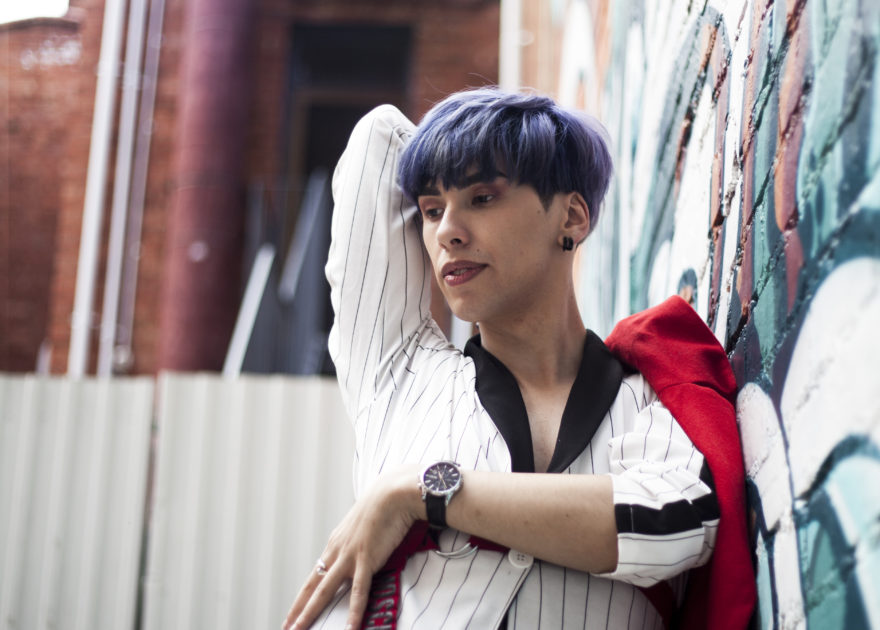
I ask what he means by “expressive”.
Aki: Well, I’m going to get snubbed for this, but if you look at ballet it’s certainly not freestyle, and can be very restrictive in how it can be performed. Whereas Voguing, while it has guidelines, there are wide parameters, it’s less rigid. I guess that’s because it doesn’t come from a “classical” school.
I suggest that’s because it doesn’t yet have hundreds of years of history heaped on it just yet.
Aki: Well, no, but it does have deep culture from a societal point of view, and while it was popularised in the eighties, it does go back further than that. So it is rich in culture, considering it’s still considered a young dance style, but it is less rigid. There is however a degree of structure, for the purpose of preserving the culture and making sure that it doesn’t get diluted.
I push him on the preservation issue.
Aki: It’s interesting because it is by queer people for queer people, but as queer culture gets more and more accepted by the mainstream, there are more CIS straight people getting involved. It is becoming more of a grey area. So there is a balancing act between keeping something preserved and showing it to broader communities and allowing them to understand what it’s about.
I highlight the similarities between opening up the Vogue artform to what the orchestra is trying to achieve through programs like ReMastered. I also draw attention to the fact that we are now at a point where we are having a Voguing event after the Master Series performance of a flagship orchestral arts institution and ask if he fears Voguing will lose its ‘cool’.
Aki: I don’t think so. You don’t see it enough really. When people think of Voguing they generally go straight to Madonna’s interpretation of it, which while it was choreographed by and features Vogue dancers, is a pretty narrow view. And what you don’t get from a music video is the important social history it contains. What’s great about this performance is when I was contacted to do it, they had clearly done research of the culture and history, which made me excited to be involved. Voguing is much richer than meets the eye and may appear exclusive for people outside the culture because of its content, history and context. It comes from a place of finding and creating inclusive space for community and expression, and we are focusing on those elements with the theme of the ‘New World’ and creating space for people to be included.
I ask him what he gets out of Voguing that he didn’t get from the more traditional forms of dance.
Aki: I found the traditional forms of dance requiring me to learn from other people very strict movements and the learning process starts to plateau after a while, whereas Voguing allows me to listen to myself more and take a wider scope of interpretation, and to progress with it. I’m quite stubborn and I really want to grow a community here that wasn’t really there when I was growing up. I had to go to Sydney, Japan and Korea to learn what I’ve learned.
Aki will be performing and then encouraging the audience to perform on a runway, also. He will be deciding a winner, and I ask what his criteria will be.
Aki: So runway within Vogue is to be performed similarly to how one walks the catwalk. This will be an open to everyone who wants to take part virgin (first timers) runway – I expect that most people will be doing this for the first time. I’ll be assessing how well they’ve dressed to theme and how their walk is conscious of what they are wearing. I’ll also be considering how well they engage with me and the audience as well. There are a lot of variables, but it all kind of happens at once, like an orchestra, for example.
I ask if people should be nervous?
Aki: (laughs) Absolutely not! The goal is self-expression. It’s a safe space, people should be comfortable and that’s what we’re aiming to create – a comfortable place to express yourself. Also, it will inevitably end in a cypher: a dancing circle in which people dance for a moment and then let another in. It will happen. The energy drives it. It’s a lot of fun. Will you walk on the runway, Sam?
I immediately end the interview.
The New Worlds Ball is the final Remastered event of 2019 happening on Fri 27 Sep, from 8pm-1am. Your ticket includes the New Worlds concert and the New Worlds Ball. All your drinks, eats and entertainment at the New Worlds Ball are included in your ticket.

